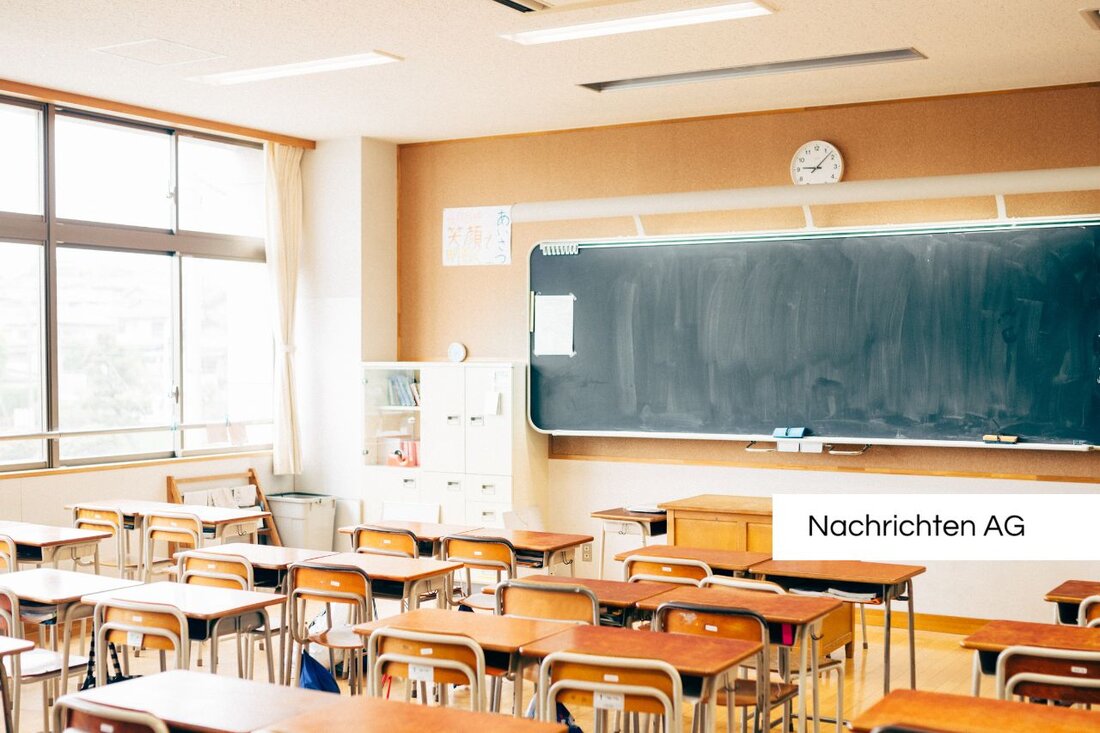Urgent teacher shortage: Schools are facing dramatic challenges!
Bielefeld University is supporting teacher training students with a new curriculum to combat the shortage of teachers in primary schools.

Urgent teacher shortage: Schools are facing dramatic challenges!
The shortage of teachers in Germany has become an urgent problem in recent years, particularly affecting primary schools and schools with a high proportion of socially disadvantaged students. Current information makes it clear that by 2023, according to a Forsa survey, 50% of schools were unable to fill at least one position and 17% even had three or more unfilled positions. These grievances lead to emergency measures such as class cancellations and overtime, while class sizes increase and teaching hours have to be reduced. Even in two out of three schools, people without regular teacher training teach. This situation alarms experts. The Standing Scientific Commission of the Conference of Ministers of Education and Cultural Affairs has described the situation as dramatic and warns of negative effects on the quality of teaching. Pupils from socially disadvantaged families, whose school performance suffers as a result of the reduced teaching times, are particularly affected.
In order to address the acute shortage of teachers, Bielefeld University has launched an innovative project. Under the direction of Professor Dr. Susanne Miller and Dr. Mona A curriculum is always being developed that employs prospective teachers as substitute teachers during their studies. The project entitled “Primary school pedagogy for student substitute teachers” is funded with 60,000 euros from the Quality Fund plus and aims to support student teachers and encourage reflection on their practical experiences. The students should not only gain practical experience, but also prepare specifically for their future career.
Curricular innovations
The revised module of the project contains three main features: Firstly, the aim is to address the basic questions of primary school pedagogy in order to strengthen the analytical skills of prospective teachers. Secondly, there should be a systematic reflection on practical experiences in peer consultations, which promotes exchange among students. Thirdly, participants can try out methods and materials for their school lessons in a learning workshop. This initiative is part of a broader strategy to improve teacher training and builds on the historical challenges that Germany has already experienced on several occasions in the field of teacher training.
In addition, the shortage of teachers is expected to increase in the coming years. Forecasts from the Conference of Ministers of Education and Cultural Affairs indicate that around 463,000 new teachers will be needed annually by 2035, while only 395,000 new hires are expected. The complexity of these challenges is also compounded by the declining birth rates in the country, which have a direct impact on student numbers. At the same time, the proportion of those eligible to study who start studying to become a teacher is only around 8%. In order to counteract the shortage, efforts must be made to reduce the dropout rate in teacher training courses.
In a broader context, a survey by the VBE shows that teaching positions are vacant at every second school. Special schools and primary schools are particularly affected, as they often have to rely on teachers without full qualifications. In more than 3,500 schools, the shortage of teachers is over 15%, adding to the already tense educational environment. These circumstances have prompted education policymakers to take measures such as temporary reductions in the timetable and reforms in teacher training to counteract the teacher shortage.
Overall, the developments show that the shortage of teachers in Germany remains a complex problem that requires both political and social answers. Innovative approaches to teacher training, such as the Bielefeld University project, could be a step in the right direction to ensure the quality and availability of teachers and thus improve the educational opportunities of all students.

 Suche
Suche
 Mein Konto
Mein Konto